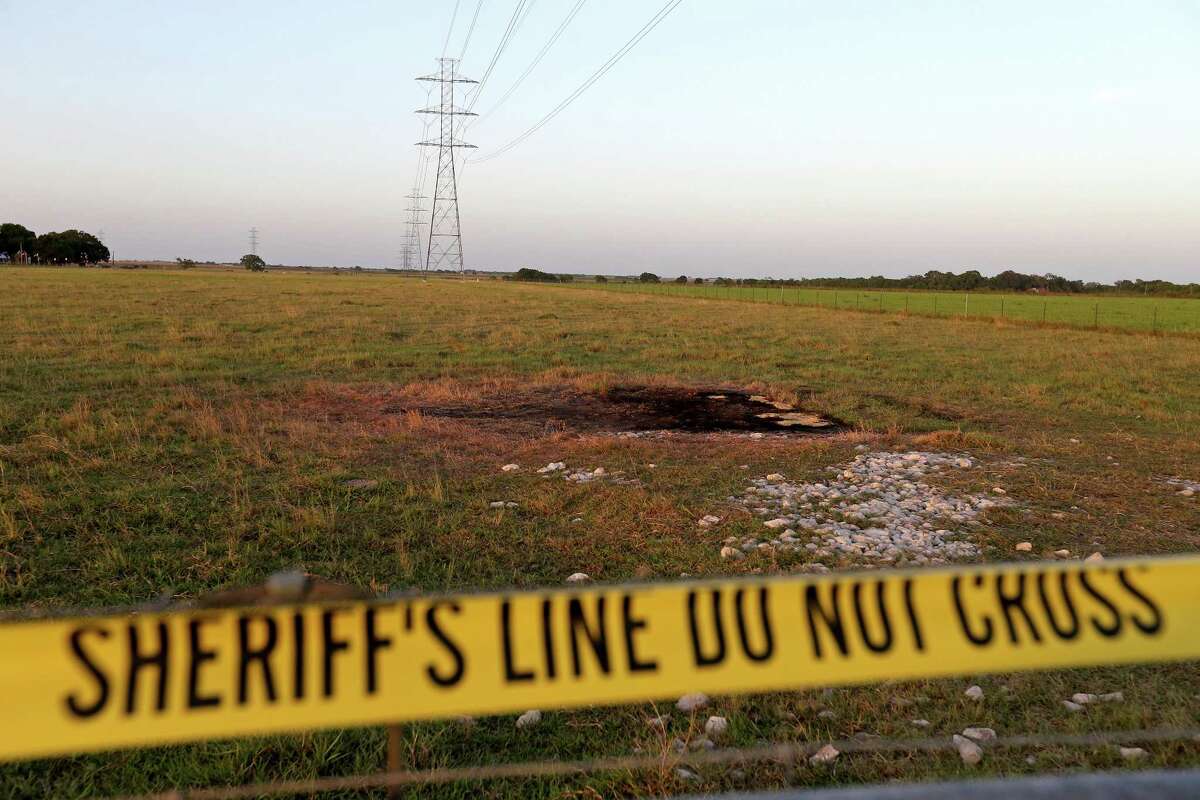Senate approves safety measure for hot-air balloon pilot's

The Senate overwhelmingly approved a funding bill Wednesday for the Federal Aviation Administration that will require commercial hot-air balloon pilots to undergo medical exams - a measure prompted by a horrific balloon crash in Texas that killed 16 people near Lockhart on July 30, 2016.
President Donald Trump is expected to sign the bill. Once it becomes law, the FAA has 180 days to revise regulations for balloon pilots, who had been exempt from mandatory health screenings since the 1930s.
"It's a victory today," said Patricia Morgan, a critic of the FAA whose daughter and granddaughter from San Antonio, Lorilee and Paige Brabson, died in the crash. "It will be a complete, total win when President Trump signs that bill."
Federal investigators with the National Transportation Safety Board blamed the crash on the poor judgment of pilot Alfred "Skip" Nichols, who decided to take off on a morning when forecasters were predicting cloudy, foggy weather with poor visibility.
Nichols' large commercial balloon struck high-voltage power lines, killing everyone on board.
The NTSB concluded that Nichols' health ailments and medical prescriptions, and the FAA's policy of exempting balloon pilots from mandatory medical exams, were contributing factors in the crash.
But the FAA had resisted calls for stronger oversight of balloon pilots. The legislation approved Wednesday takes the decision out of the FAA's hands.
Texas congressmen Lloyd Doggett, D-San Antonio; Will Hurd, R-San Antonio, and former U.S. Rep. Blake Farenthold, R-Corpus Christi, wrote the amendment mandating exams for balloon pilots that was attached to the mammoth bill the Senate voted on Wednesday. U.S. Sen. Ted Cruz had also written a similar amendment in the Senate.
A spokesman for the FAA declined to comment specifically on the balloon legislation Wednesday. In public hearings, FAA officials said stricter oversight of the balloon industry was unwarranted, and there's no guarantee a medical exam would have caught Nichols' health problems or prevented him from flying a balloon.
Nichols suffered from ailments that included depression, chronic pain and Attention Deficit Hyperactivity Disorder - which might have raised red flags at the FAA if he had been required to go through a medical exam like pilots of other types of aircraft, according to the NTSB inquiry.
On the morning of the balloon ride, Nichols was on a cocktail of prescription medications such as Valium, Prozac and the painkiller oxycodone, according to the NTSB.
For Morgan and other family members of victims, it's been a long road where it often felt like no one was listening to their concerns about the balloon industry. The crash near Lockhart was the deadliest balloon accident in U.S. history - but it was unclear if anything was going to change.
Morgan said lawmakers finally started returning her phone calls after the San Antonio Express-News published a story in March 2017 about Congress largely remaining silent after the balloon crash, which was the worst aviation disaster since Colgan Air Flight 3407 stalled during icy weather and crashed near Buffalo on Feb. 12, 2009, killing 50 people.
"I had politicians calling me left and right," Morgan recalled.

Ingen kommentarer:
Legg inn en kommentar
Merk: Bare medlemmer av denne bloggen kan legge inn en kommentar.